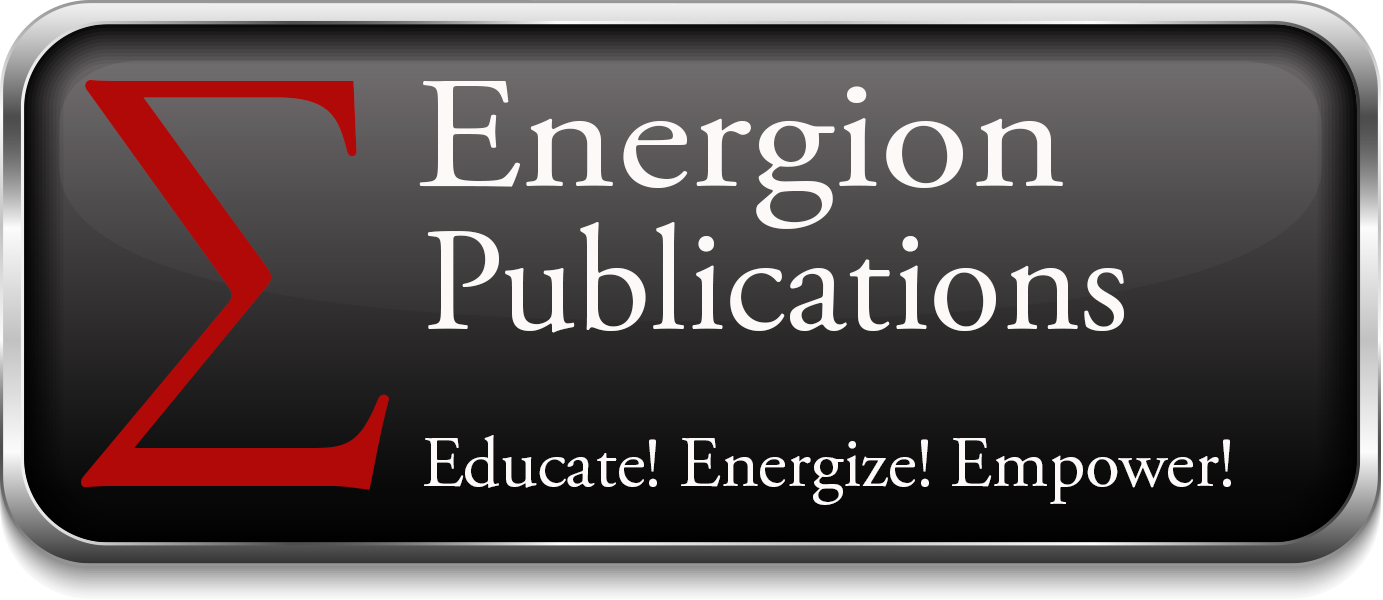Writing to Communicate
In the first United Methodist church I joined, I was very quickly called on to teach. From their point of view I was someone who could read the Bible in its original languages, which was quite rare, so it was an obvious move.
I found that I was extraordinarily well suited to the task of boring audiences. No, I didn’t bore everyone, but I had to make a serious effort to speak about things that actually interested the people I was speaking to. Frequently, it turned out that when I thought I was most boring, people were actually enjoying themselves and learning.
One lady called me aside and said something like this: “You have to remember that they haven’t heard this stuff as many times as you have. Don’t be afraid to be basic.”
It was good advice. On the other hand, it was also dangerous advice. It is certainly quite possible to lose people by speaking over their heads. If you’re a specialist, it’s actually quite easy. Just talk about the things that interest you in your field, and you’re probably leaving most everyone else behind. That applies to any subject. I remind my wife of it every so often when she talks about cooking. She’ll read a recipe and wonder if I think it would be good. I’m wondering what half the ingredients actually are.
But if I actually wanted to learn to cook (I don’t, beyond extreme basics), I’d need to learn about those things.
So let’s take that as a metaphor. If she talks down to me, I cannot learn about those ingredients and processes, because cookbooks will speak in those terms. If I don’t know how to braise, broil, sauté, and many other processes, and I don’t know what thyme or cumin tastes like (though I relate the latter to tithing!), I’ll never learn to cook. So in order to communicate and teach, she’s can’t leave them out, but she has to explain them.
Similarly, if a Bible scholar teaches about Bible study, and wants people to learn how to study, he or she must talk about difficult words and complex concepts. One cannot avoid the terms, and yet one must teach about them, so people can learn. It’s a difficult task.
In my experience, the ability to teach clearly to lay people effectively is rare amongst scholars and specialists. There are those who can teach in an engaging manner, and there are those who are true scholars, but they rarely combine. A person who combines those characteristics or skills is a great treasure in the church or anywhere else.
Scholars tend to overestimate their ability to communicate with non-scholars, and non-scholar communicators tend to overestimate their scholarship. I suspect that, having tried to pursue a middle course, I overestimate both!
My purpose is not to beat up on scholars on their ability to communicate. I can deal with this by rejecting manuscripts as necessary, and marketing others to a different audience than the scholar may have intended. But I do want to make a call for manuscript submissions from people who combine those skills. In particular in the Participatory Study Series, we’re looking for people who can glean the best of biblical scholarship on a topic and present it so that people can understand it, and can learn the skills necessary to evaluate it.
Because of the lack of communication between scholars and those in the pew, and often those who occupy the pulpit as well, many in the church tend to believe what experts who happen to be in their particular faith tradition have to say. They will dismiss as either unscholarly or perhaps heretical things written by scholars who are not from their faith tradition. Why? Simply because they really don’t understand how the scholars came to their conclusions.
Here are some hints about producing a manuscript that will communicate to non-specialists:
1) Watch for technical terms. Make sure to define them clearly.
2) Don’t leave the technical terms out. Your readers want to learn (I hope!).
3) Illustrate freely. If you just give the theory, many people won’t comprehend what’s going on.
4) Don’t be dogmatic. Make sure you express the level of confidence in your conclusions that is justified by the evidence available.
5) Don’t expect people to simply accept what you say on your authority. I don’t mean to support it by providing footnotes. Explain and illustrate.
6) Don’t try to accomplish too much.
7) Have some friends who are not specialists read and encourage them to tell you where you were unclear.
8) Listen to your editor(s). Editors are quite imperfect and may be wrong, but they’ve generally read a lot of manuscripts and they may have some good ideas.
